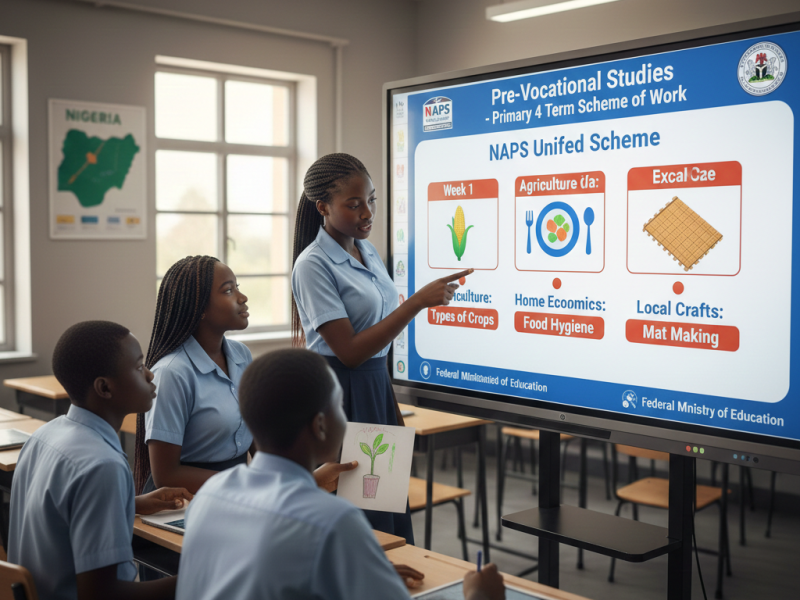Debate on Farmers Are Better Than Teachers
In the grand debate of whether farmers are better than teachers, we delve into an exploration that goes beyond mere comparison. This debate touches the core of our existence, where both professions stand as pillars of society, each contributing uniquely and profoundly.
Let’s journey through the nuances of this discussion, understanding the critical roles played by both.

Historical Perspective
From the earliest days of human civilization, farmers have been the backbone of society. They cultivated the land, provided food, and enabled communities to settle and grow.
The dawn of agriculture marked the beginning of structured societies, giving rise to the cities and nations we know today.
On the flip side, education has also played a crucial role in history, guiding moral and intellectual development. Ancient scholars like Aristotle and Confucius have shaped civilizations with their teachings.
Societal Roles
Farmers are the lifeblood of any nation, responsible for producing the food that sustains life. Their work ensures that populations are nourished, enabling people to pursue various professions and activities.
Without farmers, the basic necessity of food would be unmet, leading to societal collapse. In contrast, teachers are the architects of the future, shaping young minds and fostering the next generation’s potential.
They instill values, knowledge, and skills, preparing individuals to contribute meaningfully to society.

Economic Contributions
The economic impact of farming is immense. Agriculture is a multi-billion-dollar industry, providing jobs, raw materials, and food security.
It is the foundation of the economy in many countries, driving commerce and stability. Meanwhile, the education sector also plays a significant role in economic development.
Teachers prepare a skilled workforce, fueling innovation and productivity across various industries. They contribute to the economy by developing human capital, essential for long-term growth.
Skill Sets and Training
Farming requires a deep understanding of the land, crops, and livestock. Farmers need to be knowledgeable about agricultural techniques, weather patterns, and sustainable practices. This expertise often comes from years of hands-on experience and generational knowledge.
Conversely, becoming a teacher involves rigorous academic training, continuous professional development, and a passion for education. Teachers must master subject matter, pedagogy, and classroom management to effectively impart knowledge.
Daily Life and Responsibilities
A farmer’s day is filled with physical labor, from planting and harvesting to tending livestock and maintaining equipment.
Their work is demanding, often requiring early mornings and long hours. They must be adaptable, dealing with the unpredictability of weather and market conditions.
On the other hand, a teacher’s day involves planning lessons, delivering instruction, and assessing student progress. Teachers engage with students, address diverse learning needs, and create a positive learning environment.

Challenges Faced
Modern farmers face numerous challenges, including climate change, market volatility, and access to resources. They must navigate environmental and economic uncertainties while striving for sustainability.
Teachers also encounter significant challenges, such as limited funding, large class sizes, and evolving educational standards. They work tirelessly to meet diverse student needs and adapt to changing expectations, often with limited resources.
Cultural Impact
Farmers hold a cherished place in traditions and folklore, symbolizing hard work, resilience, and a connection to the land.
They are celebrated in cultural narratives as the bedrock of communities. Similarly, teachers are revered in literature and media as mentors and guides.
They are portrayed as inspirational figures who ignite curiosity and drive personal growth, leaving lasting legacies in the lives they touch.
Technological Advancements
Innovations in agriculture, such as precision farming, automated machinery, and advanced irrigation systems, have revolutionized the industry.
These technologies enhance productivity, efficiency, and sustainability. In education, technology has transformed teaching and learning.
Digital tools, online resources, and interactive platforms provide personalized and engaging educational experiences, expanding access to knowledge.
Environmental Impact
Sustainable farming practices are crucial for protecting natural resources and ensuring long-term food security.
Farmers implement techniques like crop rotation, organic farming, and conservation to minimize environmental impact.
Education also plays a role in environmental sustainability, with schools adopting green practices and teaching students about environmental stewardship. Both professions contribute to a sustainable future through their practices and teachings.
Personal Fulfillment
Farming offers a unique sense of fulfillment derived from working the land and seeing the fruits of one’s labor. Farmers take pride in feeding communities and maintaining traditions.
The physical and tangible results of their work provide a profound sense of accomplishment. Teaching, too, brings immense satisfaction.
Educators experience the joy of shaping lives, witnessing students’ growth, and making a positive impact on the world. The intellectual and emotional rewards are deeply fulfilling.
Public Perception
Society often views farmers with respect and appreciation for their hard work and essential contributions. However, they may also face misconceptions and undervaluation.
Similarly, teachers are held in high regard for their dedication and influence but often encounter challenges related to compensation and working conditions. Both professions deserve greater recognition and support for their vital roles in society.
Global Perspective
Farming practices vary around the world, influenced by geography, climate, and cultural traditions. From rice paddies in Asia to wheat fields in North America, farmers adapt to their environments and contribute to global food security.
Education systems also differ globally, shaped by cultural, economic, and political factors. Teachers across the globe share a commitment to nurturing young minds, despite varying challenges and resources.
Interdependence
Farmers and teachers are interdependent, each relying on the other for essential contributions. Farmers depend on education to learn new techniques, understand market trends, and adopt sustainable practices.
Teachers rely on agricultural products for nourishment, enabling them to perform their duties effectively. This symbiotic relationship highlights the interconnectedness of all societal roles.
Reasons why teachers are better than farmers debate points.
1. Knowledge vs. Labor
- Teachers cultivate minds, shaping future leaders, innovators, and even future farmers.
- Farmers provide food, but teachers provide education, which enables technological advancements in agriculture.
2. Long-Term Impact
- A teacher’s influence lasts generations—one good teacher can inspire thousands of students.
- Farmers provide sustenance for today, but teachers equip people with knowledge that can solve food scarcity problems in the long run.
3. Economic Contribution
- Education is the backbone of a nation’s economy, producing skilled professionals in various fields, including farming.
- Highly educated societies tend to have stronger economies, higher wages, and better living standards.
4. Problem-Solving and Innovation
- Teachers educate scientists, engineers, and policymakers who develop advanced farming techniques, like GMOs and hydroponics.
- Without education, agriculture would remain primitive and less productive.
5. Social Development
- Teachers instill moral values, critical thinking, and civic responsibility, which are crucial for societal progress.
- They play a significant role in reducing ignorance, poverty, and crime through education.
6. Global Influence
- Teachers contribute to globalization by spreading knowledge, language, and technology.
- Farmers, while essential locally, have a more limited scope of influence compared to educators.
Conclusion
In the debate over whether farmers are better than teachers, it becomes clear that both professions are indispensable. They represent two sides of the same coin, each vital to the well-being and progress of society.
Farmers nourish the body, providing the sustenance needed for survival, while teachers nourish the mind, fostering intellectual and moral growth.
Rather than choosing one over the other, we should celebrate the harmonious balance they create, acknowledging that our world thrives on the dedication and contributions of both.
FAQs
1. Why are farmers considered crucial to society?
Farmers provide the essential food and resources needed for survival, ensuring food security and supporting the economy. Their work is fundamental to the well-being of communities.
2. What challenges do teachers face in their profession?
Teachers encounter issues such as inadequate funding, large class sizes, evolving educational standards, and the need to address diverse student needs with limited resources.
3. How does technology benefit farmers and teachers?
Technological advancements in agriculture enhance productivity and sustainability, while in education, technology provides interactive and personalized learning experiences, expanding access to knowledge.
4. What is the economic impact of farmers and teachers?
Farmers drive economic stability by providing food and raw materials, while teachers contribute to economic growth by preparing a skilled workforce and fostering innovation.
5. How do farmers and teachers rely on each other?
Farmers depend on education to improve their practices and understand market trends, while teachers rely on agricultural products for nourishment, highlighting their interdependent relationship.



